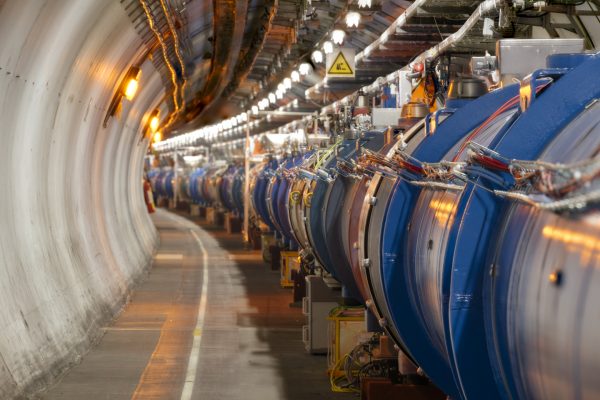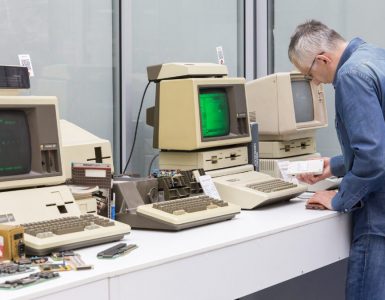He’s worked at one of the most respected institutions of brainiacs in the world for three decades. As the head of a hiring team responsible for onboarding some of the most brilliant scientists on earth, James Purvis isn’t your average backroom resume sorter. Leading up to his session at Hiring Success 18, we manage to turn the interview tables and get a few questions going his way.
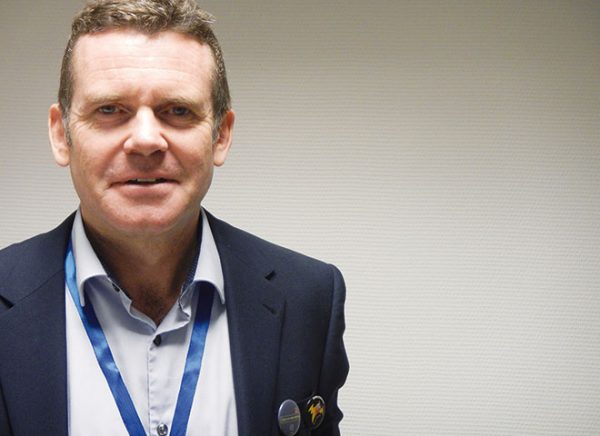
What are you looking forward to at Hiring Success?
Talent Acquisition is often the spearhead of HR innovation, so I’m particularly looking for the latest innovative ideas, thoughts and technology evolution. It’s not just about the emerging products, but the HR processes and networking with the people attending.
Given the growing tech support for recruiting, are conferences still important?
HR conference options are myriad, so it’s important to choosing the right ones. The calibre of the products, thought leaders, but also other participants, sharing their ideas and challenges is key. The HR conferences I have attended have always given a great ROI.
What are you hoping to take away from the conference?
We have some specific challenges at CERN, where I have yet to find off-the-shelf solutions. I’m looking forward to meeting other people with similar challenges, and learn how they have addressed them as well as getting a glimpse into the technology evolution.
CERN must be a very interesting place to work. What are some things you enjoy there that don’t exist anywhere else?
What I love is the incredible passion and energy – people united around a common process: to push forward the frontiers of humankind’s knowledge. People of all nationalities and backgrounds, united by a common purpose – the excitement is tangible. You can arrive in the morning, grab a coffee and you could end up bumping into the Director General or a Nobel Prize winner.
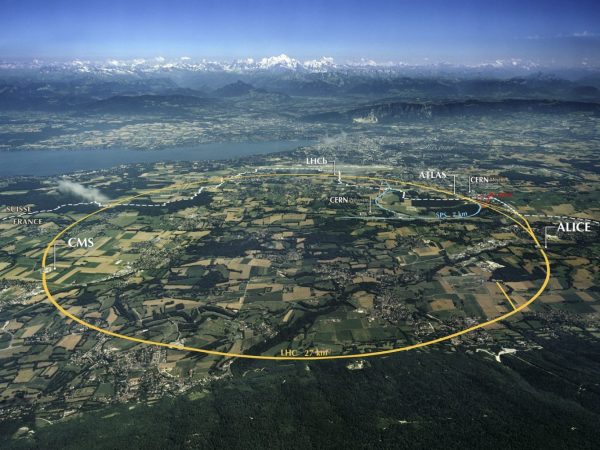
You are in charge of handling some of the brightest minds in the world, are there special challenges to that? Does the high-level and specialization make things easier or more difficult for you? Does it take longer or shorter to hire someone at CERN than somewhere else?
The high-level specialization can certainly provide a challenge, and means the organization requires a talent acquisition strategy closely coupled to its workforce planning. Some of the engineering skills are already in high demand (and we are competing with all the well-known engineering and technology firms in the private sector). Other specialities simply don’t exist and require a longer-term, in-house talent building strategy. However, when it comes to recruiting, I believe we have a highly candidate-centric experience with huge positive feedback (even from those who aren’t successful). In terms of delays we have a target of under 100 days from ‘request’ to ‘in position’ and we are inline with that target (and that includes candidates having sometimes a three-month notice period).
How many new hires do you bring in a year?
In terms of staff positions, we recruited 200 last year, but when you add on graduates, students, interns and other personnel, we recruit and onboard almost 2000 people per annum.
What is something CERN HR does better than anyone else?
This sounds almost like the ubiquitous (but not recommended) interview question asking a candidate why they are better than the other candidates. I can’t answer relative to other HR departments, but I am extremely proud of the calibre of people and service that CERN’s HR department offers. We regularly receive positive feedback on our staff and processes. I’m particularly proud of the customer-focus and the understanding our HR staff have of their impact on the bigger picture at CERN. There is no ‘us and them’, no ‘HR vs the business’. We are all part of a common challenge working for the common objectives.
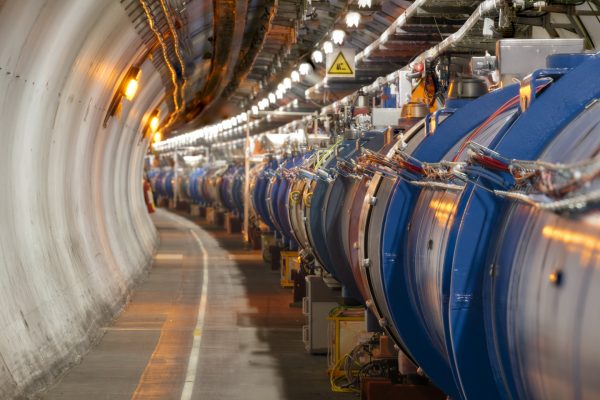
What would you like to change?
Improving the IT tools to offer a smartphone-style experience, a Siri or Alexa for HR services, through to predictive analytics and integrated talent management solutions – a vision of a more technology-enabled HR.
Will your job requirements be different in a few years?
As machines become more skilful and as AI evolves, the key difference in job requirements, in my opinion, will be that the IT & HR competencies will be taken for granted, and the key job requirements will be the jobs that require skills unique to people and that can neither be replicated or found in machines. We will need an increased emphasis on innovation, collaboration, teamwork, emotional intelligence – of course all combined with first-class technical and communication skills.
How much more do you rely on tech now than you did when you started?
CERN has always been very avant-garde with technology, after all, much the technology on your smartphone, be it the web or the touchscreen, originated from CERN. As early as 1990 I could submit a vacation request from my desk and the workflow sent it to my supervisor for authorization. We could access HR data on the web in the mid-90s and purchase from an internal e-catalog prior to the existence of Amazon and e-Bay. Our first recruitment on the web went live in the early 2000s – at a time when our number-one concern was how to deal with candidates who didn’t have access to the internet. Now, technology has become an enabler – it allows us to do far more with less resources. It assists us in our daily lives and also forms an integral part of our branding. We have come to rely on it like relying on a utility such as electricity.
Is tech overtaking HR a good thing overall? Why or why not and how do you things changing in the future?
Tech isn’t overtaking HR – tech is enabling HR. Regarding the future, this is an ideal opportunity to end with a quote Nils Bohr, Nobel laureate in Physics, who said, “Prediction is very difficult, especially if it’s about the future.”
Featured Image Credit: Simon Bühler


